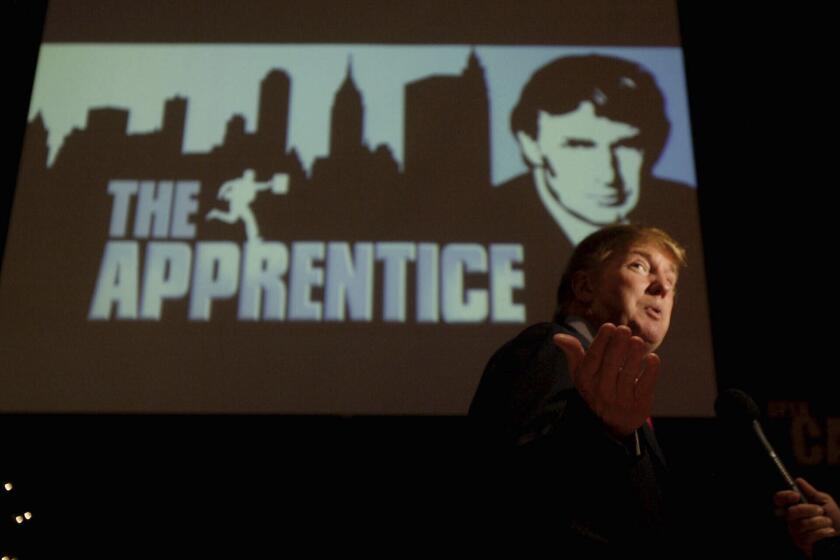Opinion: Reversing Roe vs. Wade would be wrong, but it wouldn’t be ‘anti-democratic’

Wednesday marked the first meeting of a commission appointed by President Biden to study possible changes to the Supreme Court including an increase in its size — aka “court-packing.”
But Demand Justice, a group that advocates adding four justices to the nine-member court, thinks that Democrats can’t wait for the commission to conclude its work before moving to expand the court. One reason for urgency, it suggests, is the possibility that the court might overrule Roe vs. Wade, the 1973 decision that legalized abortion nationwide.
That’s not a far-fetched fear. Last week the justices announced that they will review a Mississippi law that would outlaw most abortions after 15 weeks of a pregnancy — a frontal assault on the principle enunciated in Roe and later cases that women have a right to abortion before a fetus is viable.
It may make sense for advocates of enlarging the court to add the threat to Roe to their rhetorical arsenal. But there’s also a risk of muddling their message.
Until now, the most eloquent arguments for enlarging the court have been based on the idea that a conservative Supreme Court is stifling democracy.
In April Washington Post columnist E.J. Dionne wrote that court-packing wouldn’t be on the table “if conservative justices had not substituted their own political preferences for Congress’s decisions, notably on voting rights and campaign finance reform.”
Dionne also cited the Republican-controlled Senate’s refusal to consider President Barack Obama’s nomination of Merrick Garland to the court. His point about the court striking down laws that promote political participation was especially potent, potentially even for some Republicans.
But the claim that the court is “anti-democratic” doesn’t mesh neatly with the argument that it needs to be expanded to preserve or reinstate Roe vs. Wade.
The democratic process has often been the enemy of abortion rights. In Roe and a companion case, Doe vs. Bolton, the court struck down restrictions on abortion enacted by the states of Texas and Georgia. The Mississippi law the court will review was approved by the people’s representatives in their wisdom (or folly) only three years ago. And if Roe were overruled, “trigger” laws in several states would make abortion illegal.
There are compelling reasons to oppose a reversal of Roe vs. Wade, beginning with the argument that the court was right to hold that a constitutional right to privacy “is broad enough to encompass a woman’s decision whether or not to terminate her pregnancy.”
Additionally, overruling a precedent almost half a century old would cause what Chief Justice John G. Roberts famously called a “jolt to the legal system.” It also would upend the lives of women who have organized their lives in reliance on its protections, as the court recognized when it reaffirmed the “essential holding” of Roe in its 1992 ruling in Planned Parenthood vs. Casey.
None of the reasons for reaffirming Roe, however, is primarily about democracy.
In its response to the court taking the Mississippi case, Demand Justice said, “The Supreme Court is a looming threat to our democracy and in urgent need of reform.” Even if that’s true as a general proposition, it’s an odd frame for an argument about protecting Roe vs. Wade. Advocates of expanding the court can argue that the current court is hostile to abortion rights, but that doesn’t mean it’s “anti-democratic.”
More to Read
A cure for the common opinion
Get thought-provoking perspectives with our weekly newsletter.
You may occasionally receive promotional content from the Los Angeles Times.











